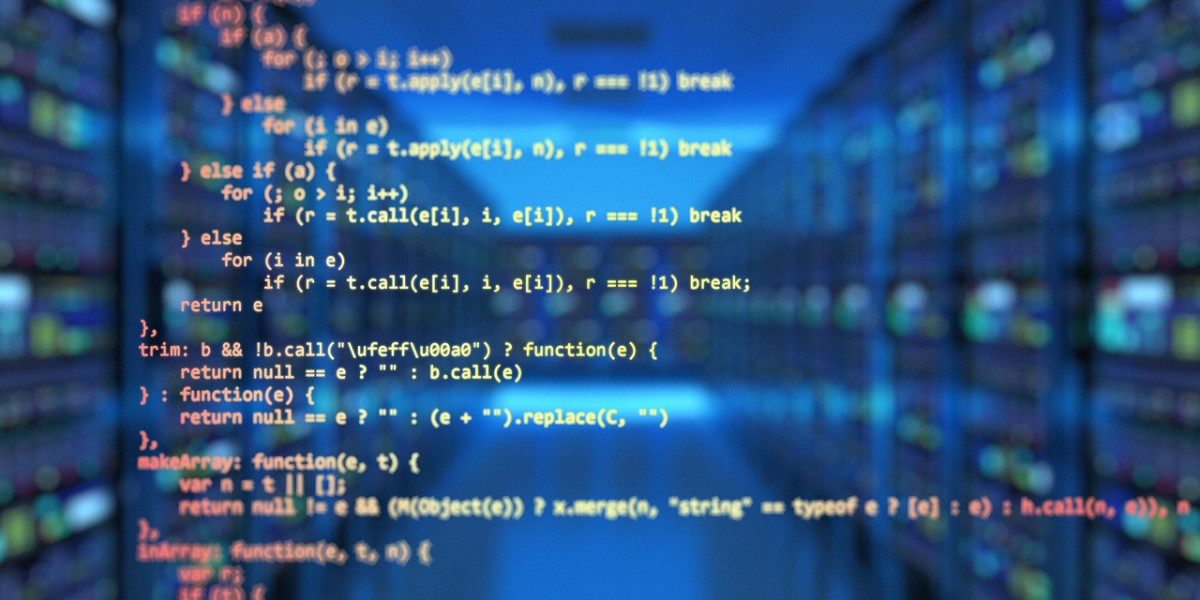Introduction
Python has undoubtedly become one of the most popular programming languages in recent years. Its simplicity, readability, and versatility make it an ideal choice for beginners diving into the world of programming. However, like any language, Python comes with its own set of challenges, particularly for those just starting out. From syntax errors to logical pitfalls, beginners often encounter various stumbling blocks along their Python learning journey. In this blog post, we'll explore some of the most common Python errors that beginners face and provide helpful tips on how to overcome them.
Python is a high-level, interpreted programming language known for its simplicity, readability, and versatility. Developed in the late 1980s by Guido van Rossum and officially released in 1991, Python has since become one of the most popular and widely used programming languages worldwide.
Key features of Python include:
Simple and Readable Syntax: Python's syntax is designed to be intuitive and easy to read, making it ideal for beginners and experienced programmers alike. It uses indentation to define code blocks, eliminating the need for curly braces or semicolons.
Interpreted: Python is an interpreted language, meaning that code is executed line by line by an interpreter, rather than being compiled into machine code beforehand. This makes Python code highly portable and allows for rapid development and testing.
Dynamic Typing: Python is dynamically typed, meaning variable types are inferred at runtime, rather than being explicitly declared by the programmer. This provides flexibility and simplifies coding, but can also lead to potential errors if not managed properly.
Understanding Common Python Errors
- Syntax Errors
Syntax errors are perhaps the most frequent type of error encountered by beginners. These errors occur when the Python interpreter is unable to understand the code due to incorrect syntax. For instance, forgetting to close parentheses or using invalid variable names can lead to syntax errors.
```python
Example of a syntax error
print("Hello, world!)
```
To overcome syntax errors, beginners should pay close attention to details like proper indentation, matching parentheses, and correct spelling of keywords.
- Indentation Errors
Python relies on indentation to define code blocks, such as loops and conditional statements. Forgetting to indent properly or mixing tabs with spaces can result in indentation errors.
```python
Example of an indentation error
for i in range(5):
print(i)
```
To avoid indentation errors, beginners should consistently use either spaces or tabs for indentation throughout their codebase.
- Name Errors
Name errors occur when Python encounters a variable or function name that is not defined. This typically happens when beginners misspell variable names or forget to define them before use.
```python
Example of a name error
print(x)
```
To prevent name errors, beginners should double-check variable names for typos and ensure they are properly defined within the scope where they are being used.
- Type Errors
Type errors occur when operations are performed on incompatible data types. For instance, trying to concatenate a string with an integer or perform arithmetic operations on non-numeric types can result in type errors.
```python
Example of a type error
x = "5"
y = 2
print(x + y)
```
To address type errors, beginners should pay attention to the data types of variables involved in operations and use appropriate type conversion functions when necessary.
Tips for Overcoming Python Errors
- Take a Data Structures and Algorithms (DSA) Course
Understanding fundamental data structures and algorithms is crucial for mastering any programming language, including Python. Enrolling in a DSA course, particularly one that focuses on Python, can provide beginners with a solid foundation in problem-solving and algorithmic thinking. By learning common data structures like arrays, linked lists, stacks, and queues, beginners can enhance their ability to write efficient and error-free Python code.
- Practice Regularly
Like any skill, programming requires practice to improve. Beginners should make a habit of writing code regularly, whether it's solving coding challenges, working on personal projects, or participating in coding competitions. By practicing regularly, beginners can reinforce their understanding of Python syntax and semantics, identify and correct errors more efficiently, and gain confidence in their programming abilities.
- Utilize Debugging Tools
Python provides several built-in tools for debugging code, such as the `pdb` debugger and the `traceback` module. Beginners should familiarize themselves with these tools and learn how to use them to trace the execution of their code, identify the cause of errors, and troubleshoot issues effectively. Additionally, integrated development environments (IDEs) like PyCharm and Visual Studio Code offer robust debugging features that can streamline the debugging process for beginners.
- Seek Help from the Community
The Python community is vast and supportive, with numerous online forums, discussion groups, and Q&A websites where beginners can seek help and guidance. Websites like Stack Overflow, Reddit's r/learnpython, and the Python Discord server are excellent resources for asking questions, sharing code snippets, and learning from experienced developers. When encountering errors or facing challenges, beginners should not hesitate to reach out to the community for assistance.
- Read Python Documentation
The official Python documentation is a treasure trove of information for programmers at all skill levels. Beginners should get into the habit of referring to the documentation regularly to learn about Python's built-in functions, modules, and libraries, as well as best practices for writing Python code. By familiarizing themselves with the documentation, beginners can gain a deeper understanding of Python's features and avoid common pitfalls that lead to errors.
Conclusion
While learning Python can be an exciting and rewarding experience, beginners are likely to encounter various errors and challenges along the way. By understanding common Python errors, following best practices, and leveraging resources like Python DSA courses and community support, beginners can overcome obstacles more effectively and continue to grow as Python programmers. With perseverance, practice, and a willingness to learn, aspiring Python developers can navigate through errors and emerge as proficient coders ready to tackle increasingly complex projects.
In conclusion, mastering Python is a journey filled with learning opportunities, and overcoming errors is an essential part of that journey. By embracing mistakes, seeking help when needed, and staying persistent, beginners can develop their Python skills and unlock endless possibilities in the world of programming.
So, whether you're just starting out with Python or you've been coding for a while, remember that errors are not roadblocks but stepping stones on your path to becoming a proficient Python developer.
Happy coding!















